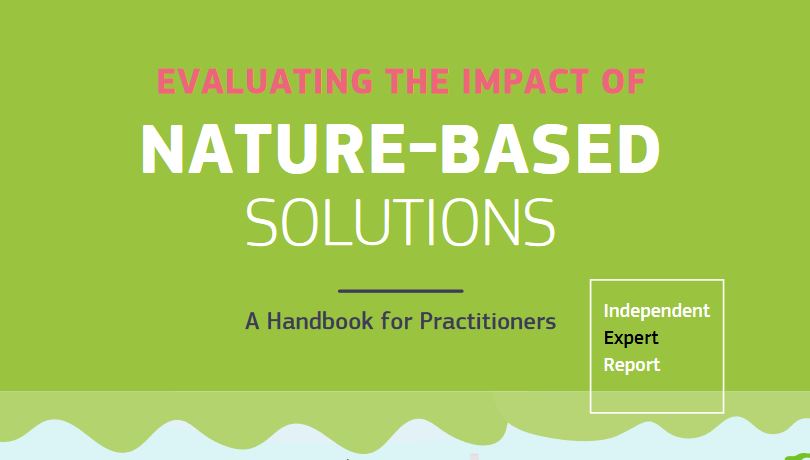The rise of urban areas in several corners of our planet is a growing problem that affects both the environment and the citizens. This new way of life, with a much lower density of nature and green spaces and quite far from rural areas, which have more vegetation and better air quality and natural resources, puts the cards on the table to change this situation. With this, the aim is to improve the quality of life thanks to the renaturation of the area.
For this reason, projects such as URBAN GreenUP, within the Horizon 2020 European financing programme and coordinated by CARTIF, propose real solutions for the renaturalization of the cities of Valladolid (Spain), Liverpool (United Kingdom) and Izmir (Turkey). Towns with very different environmental and cultural characteristics willing to improve the quality of life of their citizens.
As a result, this Handbook of good practices has been created on the impact of Nature Based Solutions according to 17 individual projects funded by the European Union. This manual aims to facilitate decision making within the comprehensive impact assessment framework of Nature Based Solutions and the creation of a solid set of indicators and methodologies to asses their impacts according to twelve social challenge areas. The handbook is downloadable here.
Management of green spaces: knowledge and social capacity in construction for Sustainable Urban Transformation, regeneration of the place, health and wellness, participatory planning and governance, climate resilience, improvement of biodiversity, water management, new economic and green job opportunities, natural and climatic hazards, air quality, justice and social cohesion are the areas of social challenge on which the evaluation of these impacts will be based.
Furthermore, as an added value, all of them have been developed with a view to four main objectives: to serve as a reference for future policies and activities of the European Union, guide urban professionals in the development of robust impact assessment frameworks for nature based solutions at different scales, expand the pioneering work of the EKIPSE framework by proving a comprehensive set of indicators and methodologies, and build the European evidence base on the impacts of Nature Based Solutions.
